Creatine Monohydrate vs Kre-Alkalyn
Author:
Unlock your full potential by engaging with our experts and community! Have questions about your fitness journey or looking for expert advice on weightlifting techniques? Don’t hesitate — leave a comment below and Oleksandr Maksymenko will provide a personalized answer and insights to help you reach your goals.
Torokhtiy is reader-supported. Some links are affiliate links, and we may earn a commission at no extra cost to you. See our disclosure page for details.
Are you interested in the difference between creatine monohydrate vs kre-alkalyn?
Because monohydrate is the most well-researched and affordable form of creatine available, it’s what we recommend for anyone looking to take creatine. While kre-alkalyn will likely deliver similar results, it’s not nearly as well researched as monohydrate.
Creatine Monohydrate vs kre-alkalyn: The difference between creatine monohydrate and kre-alkalyn is minor, but monohydrate is the superior option. Kre-alkalyn was designed to be a more bioavailable form of creatine, but research has shown that monohydrate is still a more effective choice.
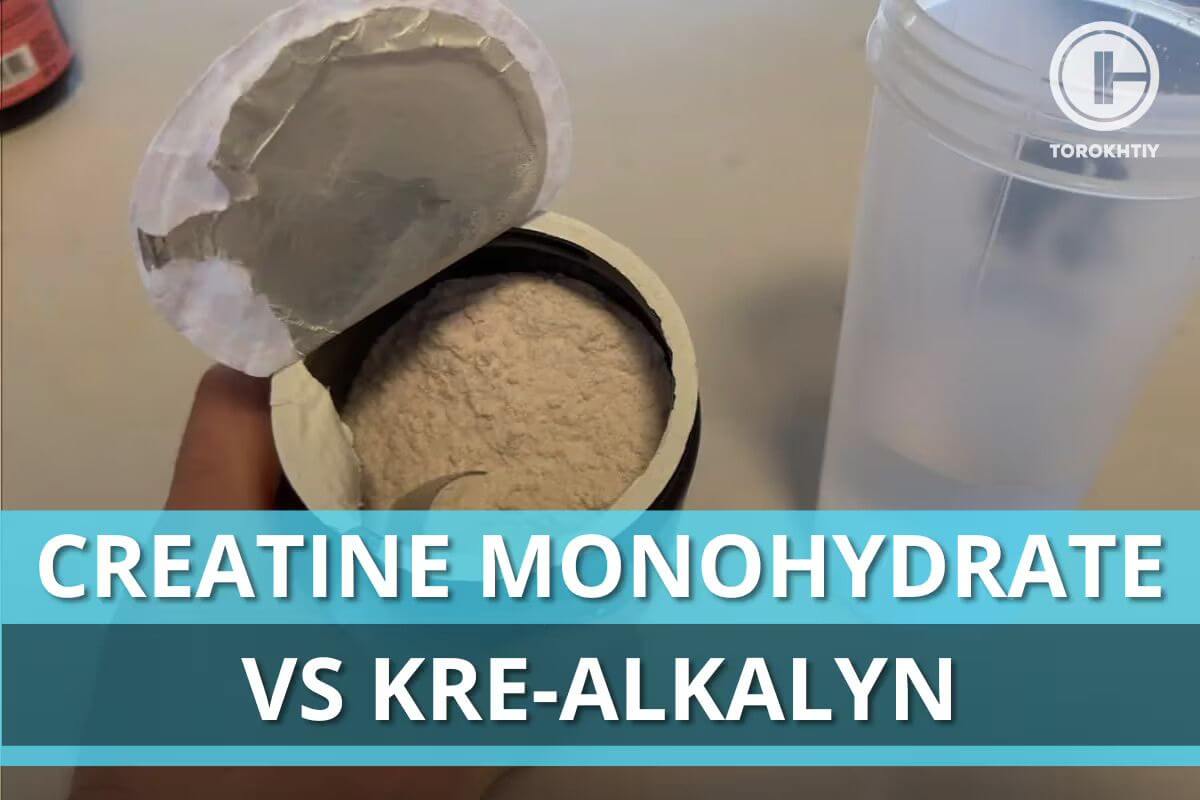
What is Creatine Monohydrate?
Before getting into the difference between monohydrate and kre-alkalyn, let’s quickly cover what creatine is.
Creatine is a nutrient that’s produced by the body and found in the diet through meat. It is largely stored in skeletal muscle and plays a large role in providing energy to the muscles. Most people maintain creatine stores around 60-80% full.
Benefits associated with creatine occur when muscle stores are close to 100% full, or “saturated”. Because saturation is difficult to achieve through diet alone, this is where supplementation comes in.
Creatine monohydrate is the most affordable, well-researched form of creatine available. A standard dose of 3-5g daily will fully saturate your muscles within around 2-4 weeks depending on body weight. Benefits of fully saturated muscles include:
- Improved high-intensity exercise performance
- Muscle Growth
- Improved recovery between workouts
- Reduced fatigue during exercise
creatine dosage calculator
Loading Phase:
Maintenance Phase:
These benefits make creatine one of the most popular sports supplements available. It has applications for nearly all athletes. While monohydrate is the most common and basic form of creatine available, there are dozens of variations. These include kre-alkalyn, which is covered below.
What Is Kre-Alkalyn?
So, is kre-alkalyn better than creatine monohydrate? As a short answer, no.
Kre-Alkalyn is a “buffered” form of Creatine, which was created to be a more bioavailable form of creatine. It is made by adding an alkaline powder to creatine monohydrate in an attempt to increase its pH. kre-alkalyn is a type of creatine “synthesized to a pH of 12”. Claims were made that this form of creatine was up to 10 times more bioavailable than monohydrate.
Companies began marketing kre-alkalyn as such, claiming a 1.5g dose was equivalent to 10-15g of monohydrate. However, an in-depth clinical trial found these early marketing claims to be untrue.
Researchers had multiple groups ingest creatine monohydrate and kre-alkalyn. Researchers tested both the recommended doses of kre-alkalyn (1.5g/day) and higher doses (20g/day for 7 days and 5g/day for 21 days). Both of these groups were compared with a monohydrate group taking 20g/day for 7 days and 5g/day for 21 days.
Results showed that neither group taking kre-alkalyn experienced higher levels of muscle creatine content than the monohydrate group. Even when taking more than 3 times the recommended dose of kre-alkalyn, a standard dose of monohydrate still outperformed the alternative supplement.
Although kre-alkalyn isn’t as effective as monohydrate, at least it’s not significantly more expensive than monohydrate. This is more than can be said for many other alternative forms of creatine.
As this evidence shows, kre-alkalyn is not as effective as creatine in its most basic form, despite marketing claims that suggest it is more effective.
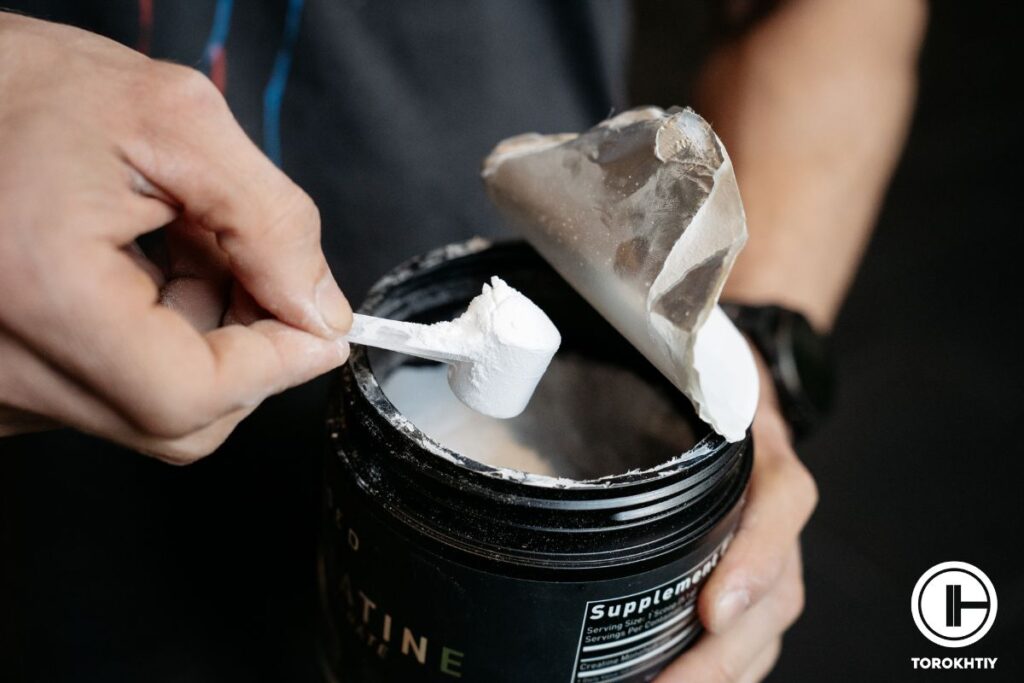
Creatine Monohydrate vs Kre-Alkalyn
Monohydrate is a better choice because it is the most affordable, well-researched form of creatine available. While kre-alkalyn is one of the better alternatives to monohydrate, it’s still not superior to the most basic form of creatine. Below we’ve broken down these 2 supplements according to the categories of price, effectiveness, bioavailability, and safety.
| Monohydrate | Kre-alkalyn | |
|---|---|---|
| Price | Using Jacked Factory’s Creatine as an example: ~$0.41/per 5g | Using NOW Sports kre-alkalyn as an example: ~$0.47/per 5g |
| Effectiveness | Monohydrate is the most well-researched and effective form of creatine available | In clinical trials, kre-alkalyn produced worse results when compared to monohydrate at equivalent doses |
| Bioavailability | Monohydrate is very bioavailable and effective in saturating creatine stores with consistent daily supplementation | While kre-alkalyn was thought to be far more bioavailable than monohydrate, clinical trials have disproven this |
| Safety | Monohydrate has been very well researched for decades and is completely safe | Although kre-alkalyn is likely completely safe, there is far more evidence to support the use of kre-alkalyn |
1. Price
Comparing Jacked Factory’s Monohydrate and NOW Sports’ kre-alkalyn, we can see monohydrate is slightly cheaper for a 5g serving. The monohydrate is ~$0.41/5g, while the kre-alkalyn is ~$0.47/5g.
It’s worth noting that NOW is sold in 1.5g capsules, with the recommended serving being 3g. As research shows, kre-alkalyn is not as effective as monohydrate, it should likely be taken in a daily dose of 5g+ per day.
2. Effectiveness
As research shows, monohydrate is more effective than kre-alkalyn at equivalent doses. This goes against marketing claims that less kre-alkalyn is needed to produce the same results as monohydrate.
3. Bioavailability
Although claims have been made that kre-alkalyn is up to 10 times more bioavailable than monohydrate, research has proven these claims false. It appears that monohydrate is slightly more bioavailable than kre-alkalyn.
4. Safety
While kre-alkalyn is likely completely safe, there is far more research to support the safety and efficacy of monohydrate. Because of this, monohydrate is overall the safer choice if you’re concerned about the safety of a creatine supplement.
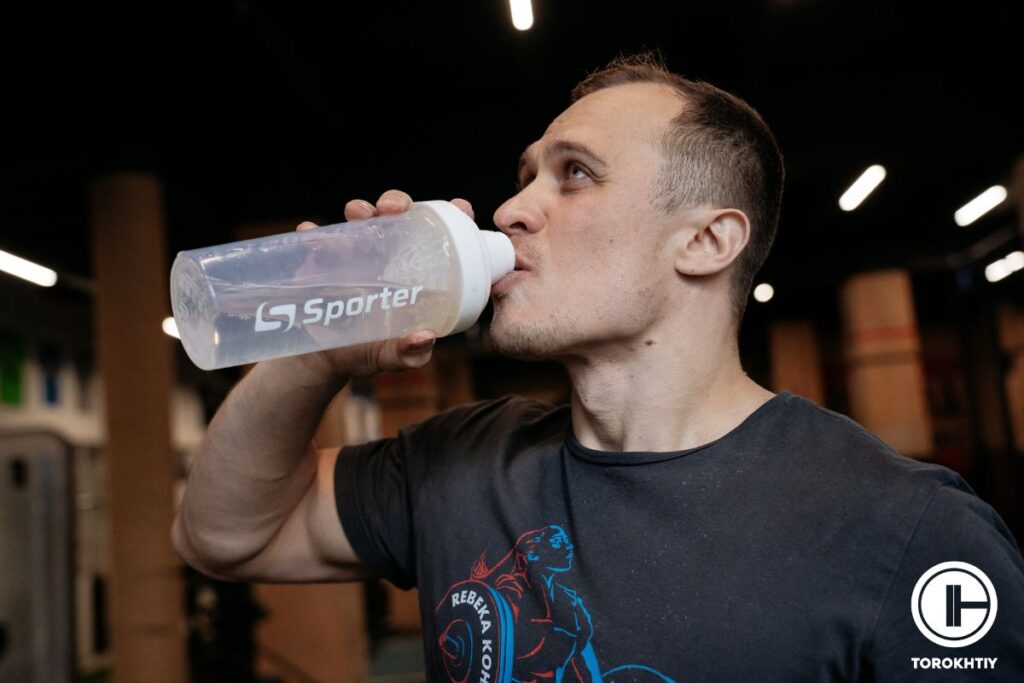
Creatine Monohydrate vs Kre-Alkalyn: Summary
If you’re considering kre-alkalyn or monohydrate, we strongly recommend monohydrate. Like all other creatine alternatives, kre-alkalyn is not superior to monohydrate. In all categories – price, effectiveness, bioavailability, and safety – monohydrate comes out as the superior option. While kre-alkalyn is a better option than many other creatine alternatives out there, there’s still no reason to choose it over monohydrate.
Pros/Cons of Creatine Monohydrate
Positives:
Could be better:
Pros/Cons of Kre-Alkalyn
Positives:
Could be better:
Creatine Monohydrate vs Kre-Alkalyn: When to Use Each ?
Whether you’re taking creatine kre-alkalyn or creatine monohydrate, the use for each will be similar, only differing slightly in dose. For both supplements, you’ll want to take it every day to fully saturate your muscle stores. A standard dose of monohydrate is between 3-5g. But, because kre-alkalyn is slightly less effective, you’d likely need to take 5g+ a day to produce similar results.
You may have heard of a “loading phase” for creatine. This involves taking higher doses such as 20g/day for the first week of use to saturate your muscles quicker. While this is effective in saturating your muscles quicker, it’s not necessary. If you’re in a rush to experience the effects of creatine, then feel free to take a loading phase. However, if you’re alright with waiting, then feel free to start with a standard dose of 3-5g a day instead. Because you’ll likely be taking creatine for years to come, there’s no real need to speed up its effects by a few weeks.
If you’re looking for a simple, affordable monohydrate supplement, look no further than Jacked Factory.
Each scoop contains 5g of creatine, making it the perfect standard dose for most people. As mentioned above, this supplement is also very affordable at only ~$0.41 per serving. This is also a single-ingredient supplement, containing nothing more than creatine monohydrate.
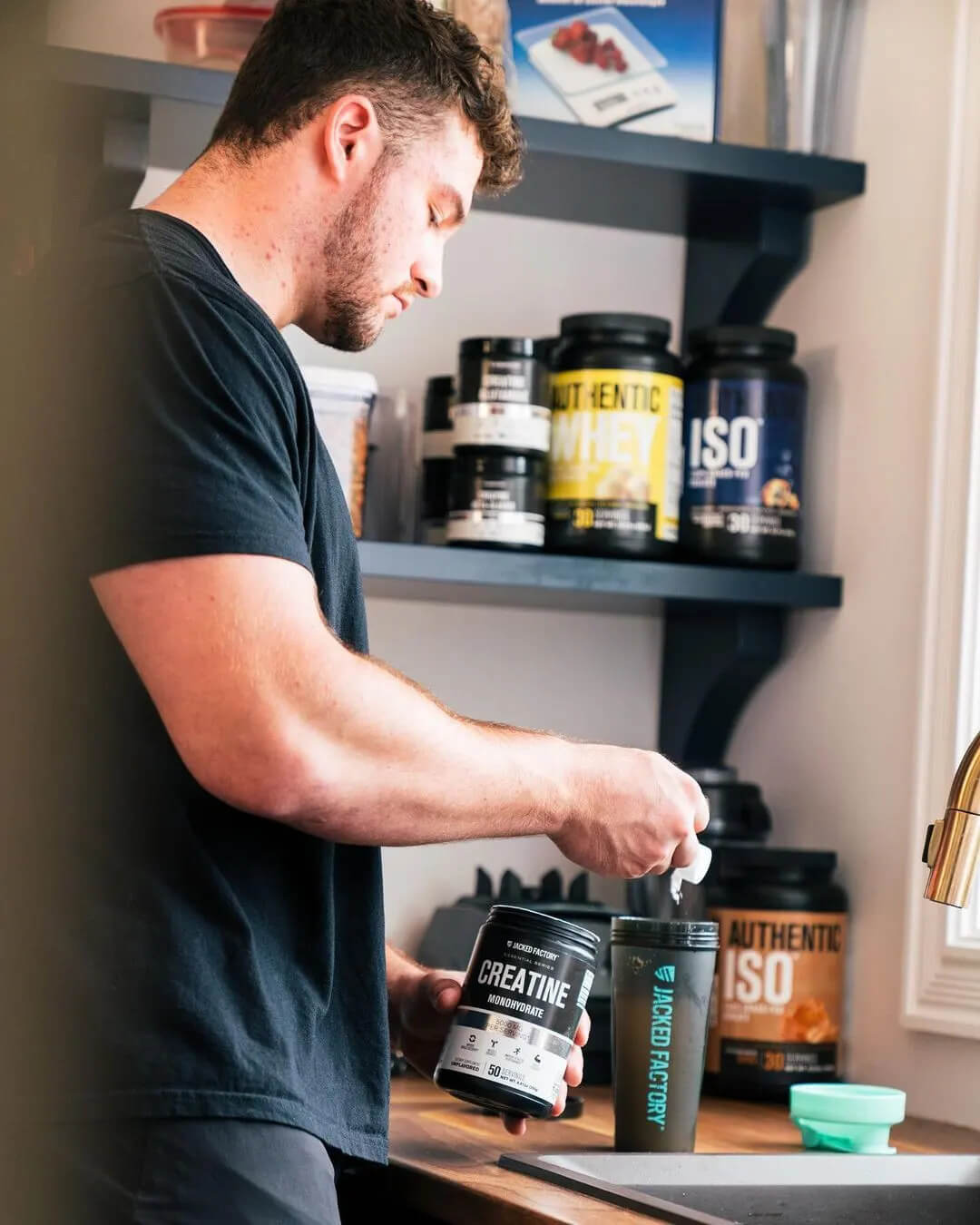
While there are certainly more deluxe monohydrate supplements available, Jacked Factory offers one of the most simple, and effective options on the market.
2. Best Kre-Alkalyn – NOW Sports – Kre-Alkalyn Creatine
We don’t recommend anything other than monohydrate, because there’s no evidence to support its effectiveness over monohydrate. But, if you’d still prefer a kre-alkalyn supplement, at least go with a reputable brand like NOW Sports.
This supplement comes in capsules instead of powder, which you may prefer. Each standard serving is 2 capsules totalling 3g of kre-alkalyn. Because it is less effective than monohydrate, you’ll likely want to take 3-4 capsules instead for a total of 4.5-6g daily.
Overall, there are many worse options than kre-alkalyn when considering alternatives to monohydrate. But, there’s still no reason to choose kre-alkalyn vs creatine monohydrate. With that being said, NOW is a solid brand to choose if you do want an alternative.
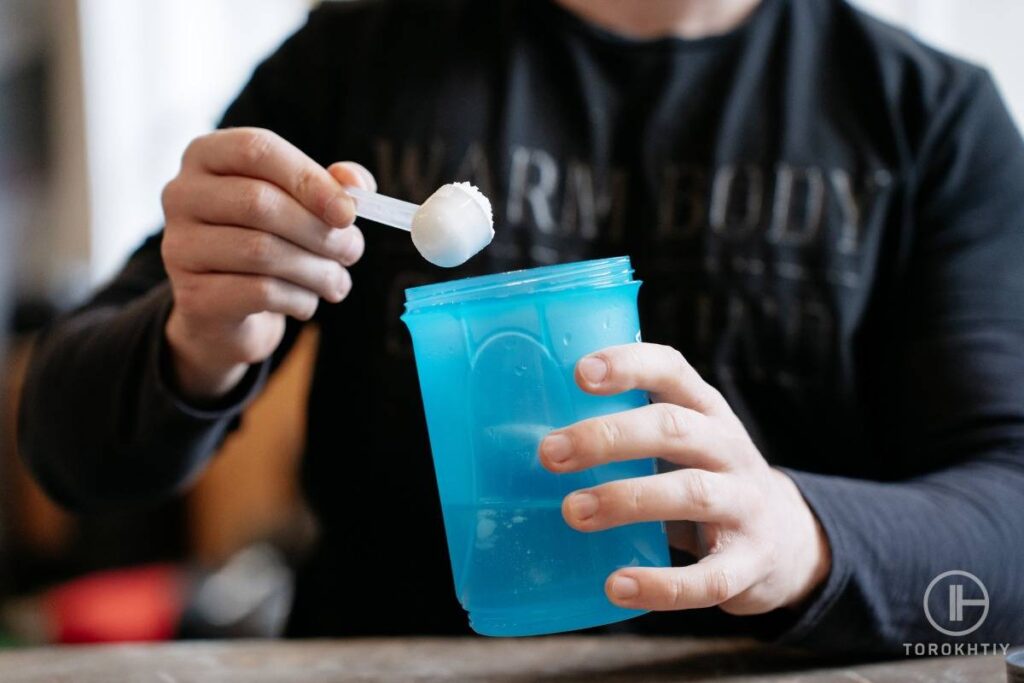
FAQ
Is Monohydrate Creatine or Kre-Alkalyn More Bioavailable?
Early marketing claims for kre-alkalyn stated it was up to 10 times more bioavailable than monohydrate. These claims have since been proven to be false. Research has shown that monohydrate is slightly more bioavailable than kre-alkalyn.
Is Creatine Monohydrate Better Than Kre-Alkalyn?
Yes, in every category we covered – price, effectiveness, bioavailability, and safety – we determined that creatine was the superior option. Like most other alternatives to monohydrate, kre-alkalyn is little more than a marketing gimmick. Because of this, we recommend sticking with monohydrate.
Which Is Better for Muscle Growth: Creatine Monohydrate or Kre-Alkalyn?
While both supplements will produce similar benefits at the right doses, less creatine monohydrate is needed to produce these benefits. When you also consider price, and the research done on both supplements, monohydrate is the far superior option.
Conclusion
While kre-alkalyn is one of the better alternatives to monohydrate available, we still don’t recommend it over creatine in its most standard form. In every category, monohydrate comes out on top, making it the superior option.
If you’re looking for a basic, effective monohydrate supplement, we recommend Jacked Factory. Although we don’t recommend it, if you’re still interested in kre-alkalyn, then check out NOW Sports.
Have you tried either monohydrate or kre-alkalyn, or have you never taken creatine before? Were you aware that monohydrate was the best form of creatine available? Let us know your thoughts in the comments below!
Also read:
- How Much Water for 5G of Creatine
- How Long Does It Take for Creatine to Leave Your Body
- Bcaa vs Creatine
- What Happens if You Miss a Day of Creatine
- Creatine vs Carnitine
- Creatine Nitrate vs Monohydrate
References:
- “Creatine” Nutrition and Physical Fitness, (accessed 2022)
- Richard B Kreider 1, Douglas S Kalman 2, Jose Antonio 3, Tim N Ziegenfuss 4, Robert Wildman 5, Rick Collins 6, Darren G Candow 7, Susan M Kleiner 8, Anthony L Almada 9, Hector L Lopez, “International Society of Sports Nutrition position stand: safety and efficacy of creatine supplementation in exercise, sport, and medicine” National Library of Medicine, https://pubmed.ncbi.nlm.nih.gov/28615996/ (accessed Jun 13, 2017), 10.1186/s12970-017-0173-z.
- M A Tarnopolsky, D P MacLennan, “Creatine monohydrate supplementation enhances high-intensity exercise performance in males and females” National Library of Medicine, https://pubmed.ncbi.nlm.nih.gov/28615996/ (accessed Dec, 2000), 10(4):452-63.
- Steven L Nissen 1, Rick L Sharp, “Effect of dietary supplements on lean mass and strength gains with resistance exercise: a meta-analysis”, National Library of Medicine, https://pubmed.ncbi.nlm.nih.gov/28615996/ (accessed Feb, 2003), 94(2):651-9.
- Matthew B Cooke, Emma Rybalka, Andrew D Williams, Paul J Cribb & Alan Hayes, “Creatine supplementation enhances muscle force recovery after eccentrically-induced muscle damage in healthy individuals”, Journal of the International Society of Sports Nutrition, https://jissn.biomedcentral.com/articles/10.1186/1550-2783-6-13 (accessed 02 June, 2009)
- R Aaserud 1, P Gramvik, S R Olsen, J Jensen, “Creatine supplementation delays onset of fatigue during repeated bouts of sprint running”, National Library of Medicine, https://pubmed.ncbi.nlm.nih.gov/9809381/ (accessed Oct, 1998), 8(5 Pt 1):247-51.
- Geoffrey Casimir, Priyanka Gianchandani, Robert Stasiak with Julie M. Fagan, Ph.D, “Lack of Knowledge on the Use and Benefits of Creatine” https://rucore.libraries.rutgers.edu/rutgers-lib/42870/PDF/1/play/
- Photos are made by Torokhtiy Media Team
Why Trust Us?
With over 20 years in Olympic weightlifting, strength training, nutrition coaching, and general fitness our team does its best to provide the audience with ultimate support and meet the needs and requirements of advanced athletes and professional lifters, as well as people who strive to open new opportunities and develop their physical capabilities with us.
By trusting the recommendations of our certified experts in coaching, nutrition, and sports training programming, as well as scientific consultants, and physiotherapists, we provide you with thorough, well-considered, and scientifically proven content. All the information given in the articles concerning workout programming, separate exercises, and athletic performance, in general, is based on verified data.
The product testing process is described in more detail here.
Author: Oleksandr Maksymenko
Certified Sports Nutritionist,
MSc Sports Dietetics
Specializing in: Weight management, Fitness / Sports nutrition
Oleksandr is a professional fitness nutritionist certified by the Fitness Professional Association (FPA). He follows the principles of evidence-based dietetics and fosters a healthy relationship with food in his clients, ensuring there are no strict prohibitions on their favorite foods or frequent lapses. His primary goal is not only to achieve results for you but also to sustain them over the long term, all while enjoying tasty and delicious food.



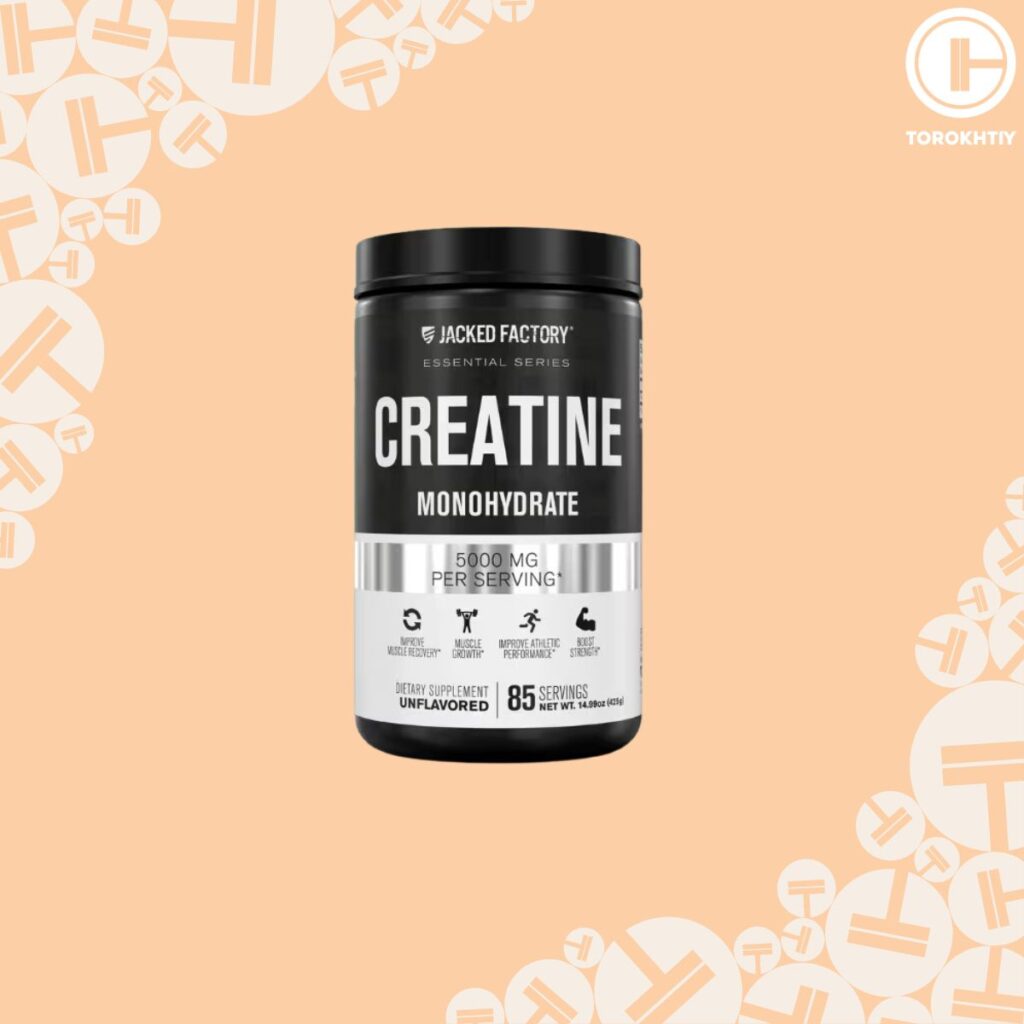
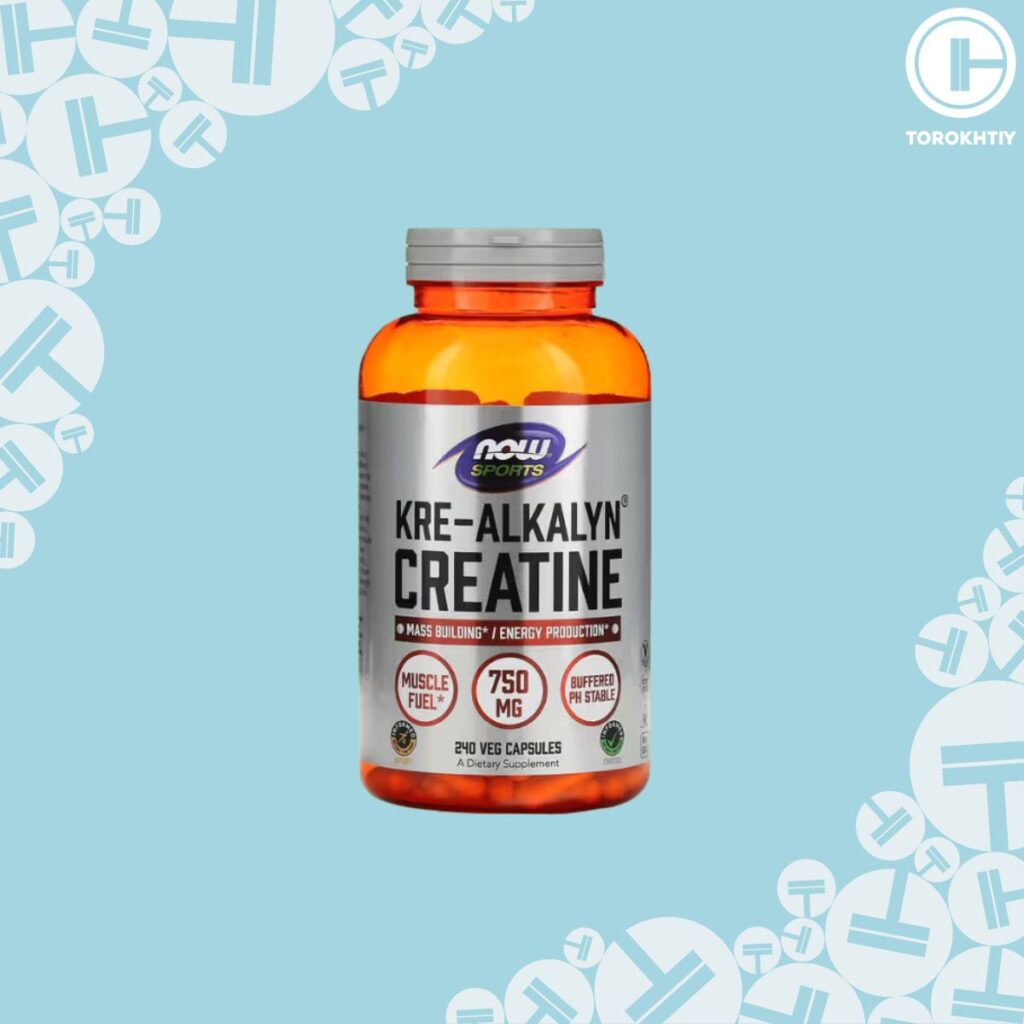
Still have questions after reading our article? Unlock your full potential by engaging with our experts and community! Don’t hesitate — leave a comment below and Oleksandr Maksymenko will provide a personalized answer and insights to help you reach your goals.